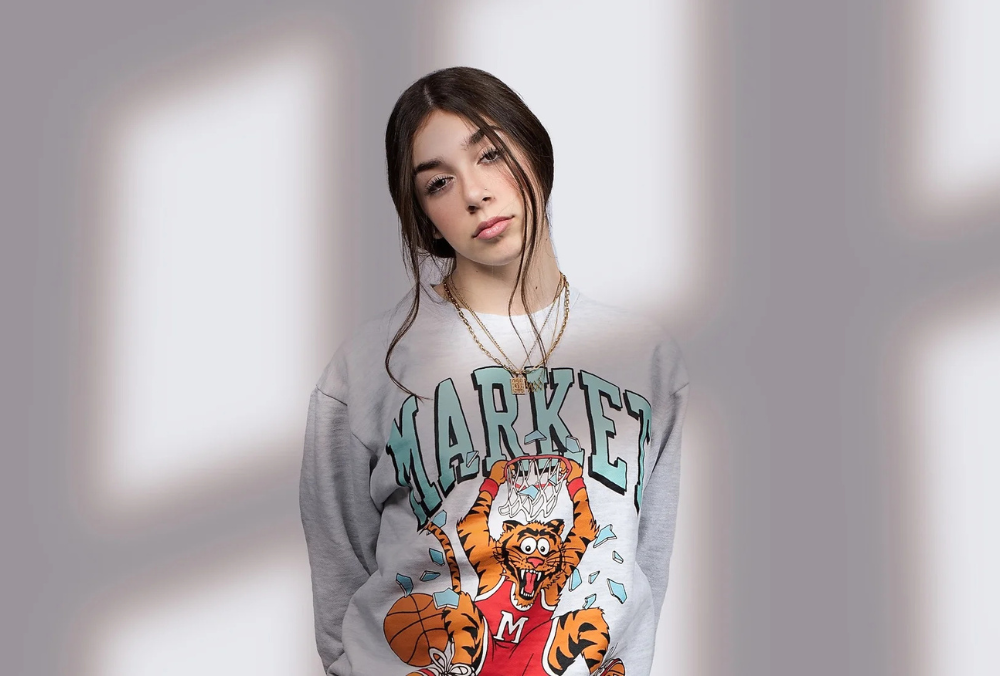CALYN’s ‘Better Left Unsaid’ Is a Portrait of Control, Grief, and Growth

There’s a striking quietness to Better Left Unsaid, but it’s not passive. It’s the quiet of someone who’s done explaining herself—someone who’s taken the chaos inside and shaped it into something measured. On her new EP, CALYN isn’t writing for sympathy. She’s writing to understand.
The Stockton artist has released singles before, but this project feels like her first full sentence. It’s deliberate without sounding forced, vulnerable without losing composure. Where others might lean on vocal theatrics or heavy-handed metaphors, CALYN builds tension through restraint. The result is a body of work that’s more sculpted than spontaneous—five songs that feel like five locked doors she’s chosen to open.
What’s most compelling is how she treats songwriting not as confession, but as self-documentation. Each track reads like a snapshot of internal weather—some cloudy, some clear—but none of them dramatic for drama’s sake. “Sliding Thru The City,” co-produced with her sister DYLI and longtime collaborator Ruwanga, captures this best: it’s not trying to tell a story, just to live in a moment of emotional ambiguity.
The core of the EP is CALYN’s relationship with control. She handled the direction, structure, and sequencing herself, and you can hear that precision in how the songs unfold. Even the accidental order—mirroring the five stages of grief—feels fated, not convenient.
And then there’s “Only Me Interlude.” It’s the least polished track, and also the most gripping. The decision to use the first vocal take feels less like a stylistic move and more like a refusal to revise a truth that hit too hard to re-record. It’s the sound of someone catching themselves mid-confession and deciding not to redact anything.
CALYN doesn’t leave us with answers. What she does offer is a clear sense of authorship. Better Left Unsaid isn’t just a reflection—it’s a map of where she’s been emotionally, drawn in her own hand. It’s not trying to be universal. That’s what makes it worth listening to.


